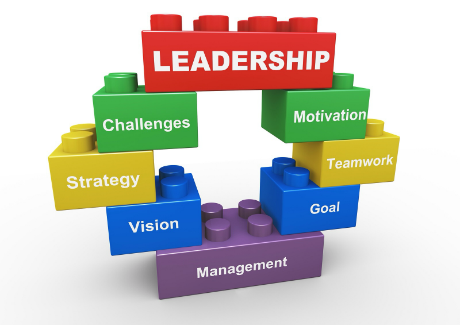A successful organization can be described as thinking and seeing organization. Such organizations are characterized by high levels of information flow and awareness among all its members. The availability of information improves the awareness and understanding of organizational weaknesses, strengths, threats and opportunities. The organization members are also able to understand the history and strategic future plans for their organization as well as full awareness of the resources within the organization and the changing competitor environment. On the other hand, a thinking organization is an understanding organization that has a well stipulated vision, mission, objectives and the business environment that are well understood by all the stakeholders.… Read the rest
Strategic Management Basics
The Rational and Dynamic Approaches to Strategic Management
Strategic management is a not a new concept. It has been defined as a management system which links strategic planning and decision making with the day-to-day business of operational management. Strategic management is not a simple, step by step process, but a complex and iterative process which needs hard work and dedication from many people in an organization to implement it toward the objective. It is the process for the leading members of an organization to forecast its future and develop the necessary procedures and operations to achieve its future. Strategic management is usually found in high levels of management to help organization gather, analyze and organize useful information to keep up with industry and competitive trends.… Read the rest
Relationship between Strategic Management and Leadership
Strategic Management is defined as the process by which organization’s objectives are set, policies are developed and plans are laid out to achieve these objectives. This requires the management to allocate resources to implement the plans. Essentially, this refers to the top echelon of management in an organization which strives to provide the overall direction of the whole enterprise to achieve their set targets and goals. These responsibilities are usually performed by their Chief Executive Officer (CEO) and the executive team, guided by organizational mission and vision statements. The strategic management is the on-going process that can be broken down into several stages.… Read the rest
Strategy Formulation and Stakeholder Influence
Strategy is defined as the direction and scope of an organization over the long term, which achieves advantage for the organization through its configuration of resources within a changing environment and to fulfil stakeholder expectations. A strategic plan is therefore large scale future oriented activities that allow interaction with the competitive environment in order to achieve company objectives. It follows that strategic management is the process whereby a strategy is formulated, evaluated, and continuously improved. Strategic planning flows from the definition of an organization’s vision, mission and objectives and subsequent environmental scanning, to understand the organization’s strategic position with respect to the macro external environment, its industry, competitors, internal resources, competencies and expectations and influence of stakeholders.… Read the rest
Intuition and Analysis in Strategic Decision Making
In the global marketplace, intuition and rational process both play a crucial role in effective strategic decision making. In various firms, intuitive process is used under the strategic management to develop effective decisions for attaining organizational goals and objectives. Intuition indicates to solve the problem with the help of using sensing and without using rational process. It can be discussed as a process to reach at the conclusion with the help of fewer information those are required for taking appropriate decisions.
It is a built-in capacity that is used by the individuals to reach at the solution of the problem effectively.… Read the rest
The Role of Intelligence in Strategy Formulation
Strategic management is that ideas and injunctions that enable the organization achieve its objective or long-term target to perform a better performance. The purpose of strategic management is to seek the opportunities for better future of the organization. Generally, good strategic management practices can improve the organization performance and achieve the organization target objectives. The strategies on an organization are made by the management itself to ensure the successful of the organization. The strategic management process consists of three stages which are strategy formulation, strategy implementation and strategy evaluation.
Strategy formulation want to ensure that the organization achieve the objectives that they have been made.… Read the rest

